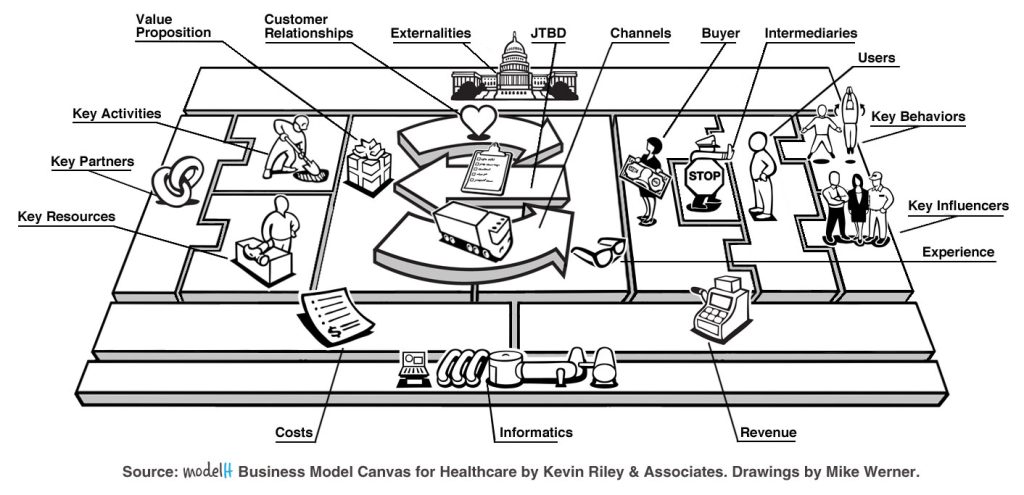Chapter 8: Evaluating the effects of healthcare programs and interventions
Dr Jennifer Kosiol and Dr Mark Avery

Evaluating the effects of programs and interventions aimed at reducing low-value healthcare is essential for ensuring patient safety, improving healthcare quality, making efficient use of resources, and informing policy and clinical practice. Evaluation is a critical component in the ongoing effort to make healthcare systems more effective, efficient and patient centred. This chapter delves into the complexities of assessing the effects of such interventions, exploring the theoretical frameworks, evaluation designs and methodological considerations essential for a comprehensive evaluation. By examining the implications of low-value care on healthcare systems, providers and patients, this chapter provides insights into the importance of evaluating and improving interventions to enhance the quality and efficiency of healthcare delivery.
CHAPTER STRUCTURE
This chapter will cover the following topics:
- Low-value care evaluation
- Prevalence and types of low-value care
- Implications of low-value care for healthcare systems, providers and patients
- Evaluating low-value care programs and interventions
- Why evaluation is necessary
- Theoretical models and frameworks
- De-implementation
- Implications for practice
- Policy implications
- Policy recommendations

